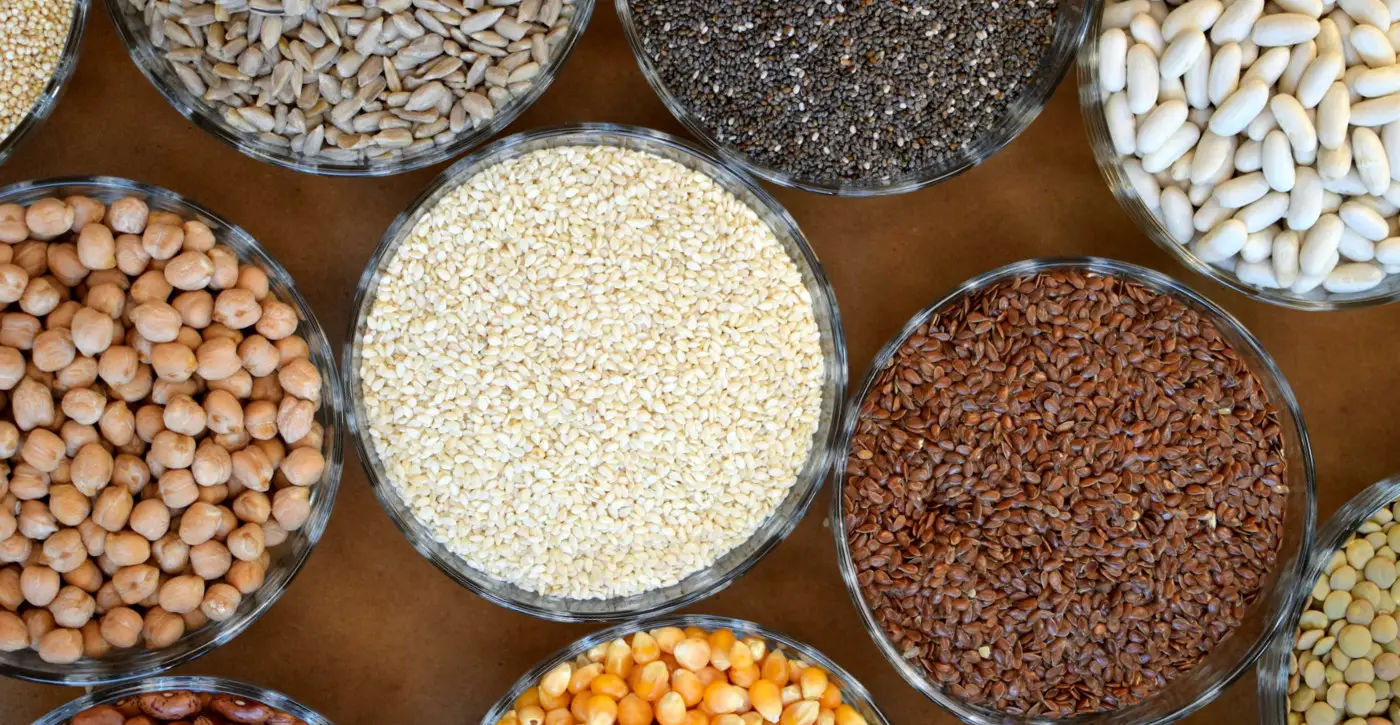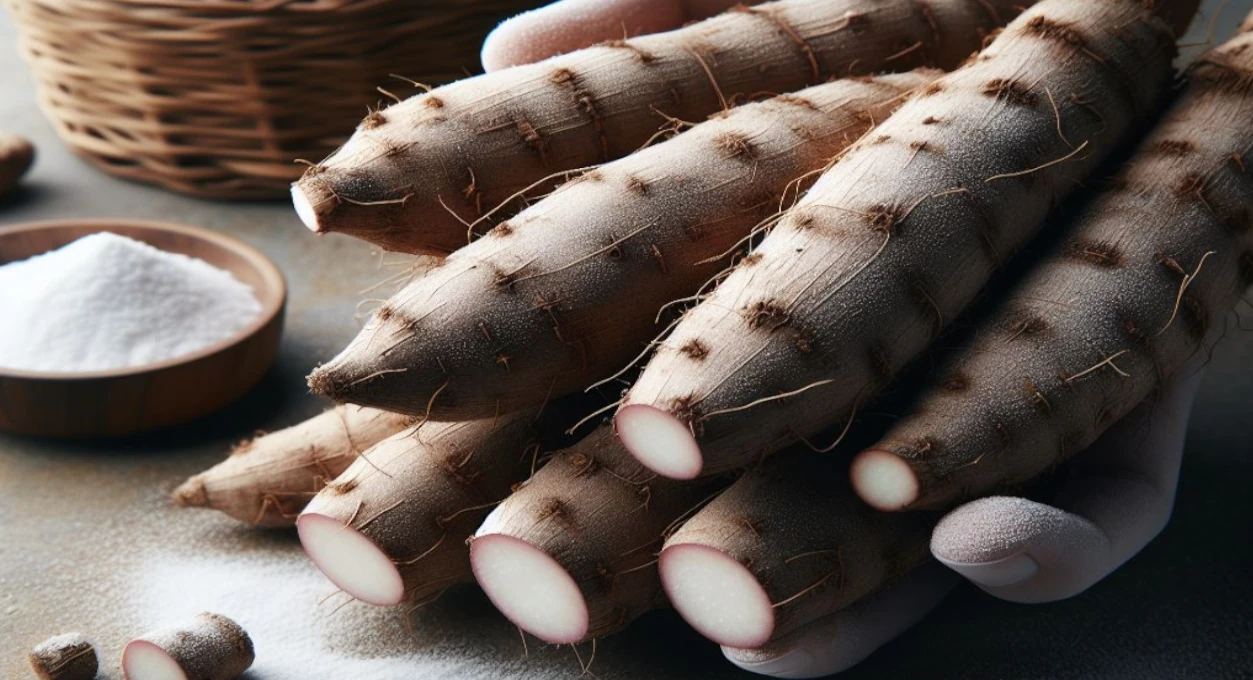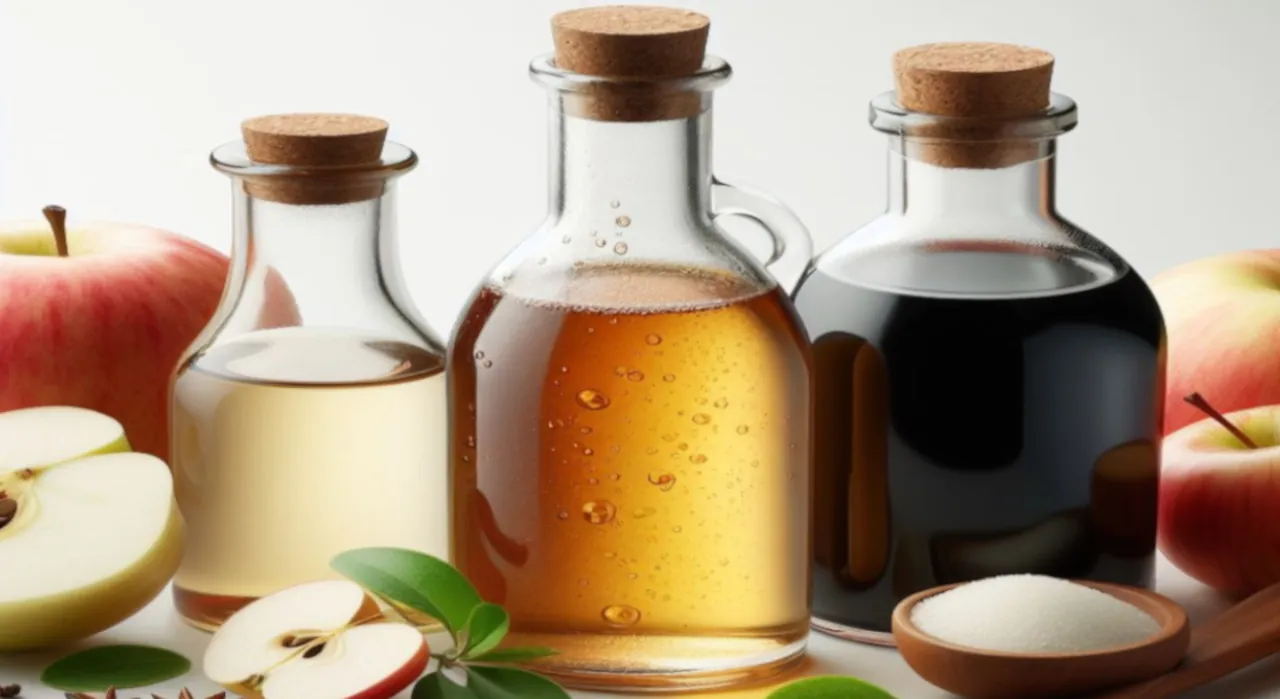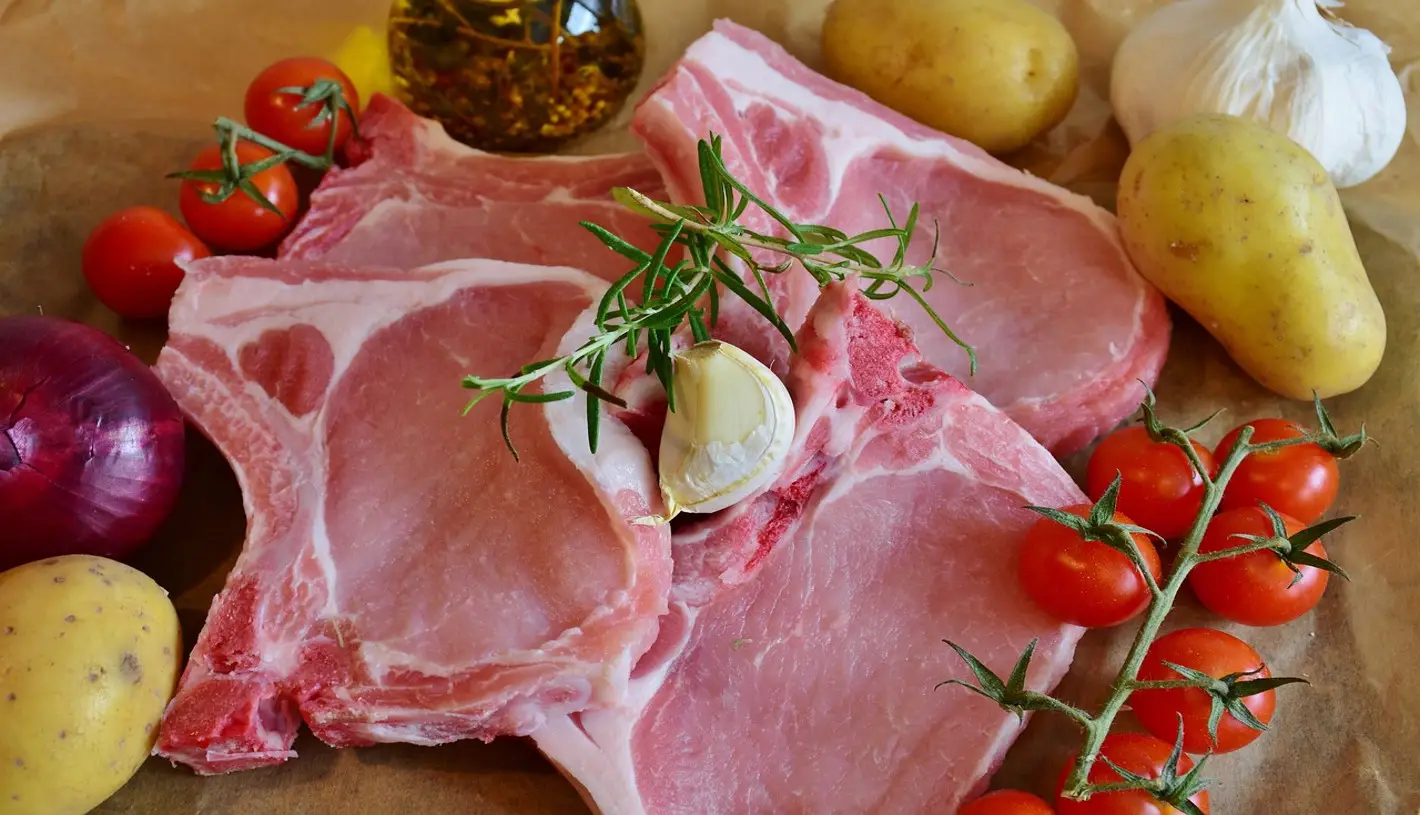Buckwheat Lysine and Arginine Info Sheet
Overview
Buckwheat is a type of grain that is gluten-free and rich in complex carbohydrates.Despite its name, buckwheat is not related to wheat and is thus gluten-free.
It’s packed with nutrients and an excellent source of fiber.
| Name | Lysine (mg/100g) | Arginine (mg/100g) | Ratio |
|---|---|---|---|
| Buckwheat | 672mg | 982mg | 0.68 |
Buckwheat contains 672mg of Lysine and 982mg of Arginine per 100g of product.
This means Buckwheat has a low Lysine-Arginine ratio of 0.68.
Because Buckwheat contains slightly more arginine than lysine, reducing its consumption may help people who suffer from herpes, as it may lower the viral activity.
Lysine Considerations
Buckwheat contains a significant amount of lysine, which can contribute to protein synthesis and the production of enzymes and hormones.
Lysine has the potential to prevent or treat cold sores, which are blisters caused by the HSV-1 virus, also known as herpes.
Lysine operates by inhibitnig the proliferation of HSV-1, which relies on another amino acid, arginine, to reproduce and infect cells.
Lysine can only be acquired through our diet, and is present in different high-protein foods such as eggs, dairy products, fish, meat and poultry.
Arginine Considerations
Buckwheat also contains a good amount of arginine, which is beneficial for heart health and maintaining a strong immune system.
Arginine has multiple benefits for our health and performance, such as lowering blood pressure, enhancing wound healing, and increasing exercise endurance.
Arginine can also affect the herpes virus, which causes cold sores and genital herpes.
Studies suggest that arginine may help the virus grow and cause outbreaks, so people with herpes may want to avoid foods that are high in arginine or take lysine supplements to block its effects.
Lysine-Arginine Ratio
The lysine to arginine ratio in buckwheat is balanced, making it a good choice for those who need to manage these amino acids in their diet.
The herpes simplex virus, which causes oral and genital herpes, needs arginine to multiply and infect cells.
Lysine, on the other hand, can interfere with the absorption of arginine in the intestine, and thus limit the availability of arginine for the virus.
By eating a diet higher in lysine than arginine, one may be able to prevent or treat herpes outbreaks.
Foods that have a high lysine-arginine ratio include milk and cheese, fish, poultry, fruits, and vegetables.
These foods can supply the body with sufficient lysine to compete with arginine and inhibit the virus from replicating and causing outbreaks.
Dietary Considerations
Grains are generally poor in lysine and a good source of in arginine, which makes them less beneficial for people with herpes.
That said, some grains are better than others in terms of their lysine to arginine ratio.
Quinoa, amaranth, buckwheat, and seitan are some of the grains that have more lysine than arginine, or at least a balanced ratio.
These grains can be included in a healthy diet, as they also provide fiber, iron, and antioxidants.

For instance:
Avoid alcoholic beverages and caffeine which can overstimulate your body, leave you dehydrated, and compromise your immune system.Consider taking l-lysine supplements, which can help prevent herpes outbreaks and stop a cold sore before it emerges by limiting the availability of arginine for the virus, which it requires to produce a cold sore.
Other food supplements, such as vitamin C, zinc, selenium, and antioxidants, can help you boost your immunity and protect your cells from oxidative stress.
Avoiding foods that can cause allergic reactions or sensitivities, such as gluten, dairy, nuts, eggs, or shellfish.
These foods can trigger inflammation and weaken your immune system, making you more susceptible to outbreaks.
Foods that can boost your immunity and fight inflammation are essential to prevent outbreaks.
Honey, yogurt, aloe vera, and chamomile are some examples of these foods.
They can also soothe your symptoms and help you recover quicker by reducing pain, swelling, and itching.
Check more food information






